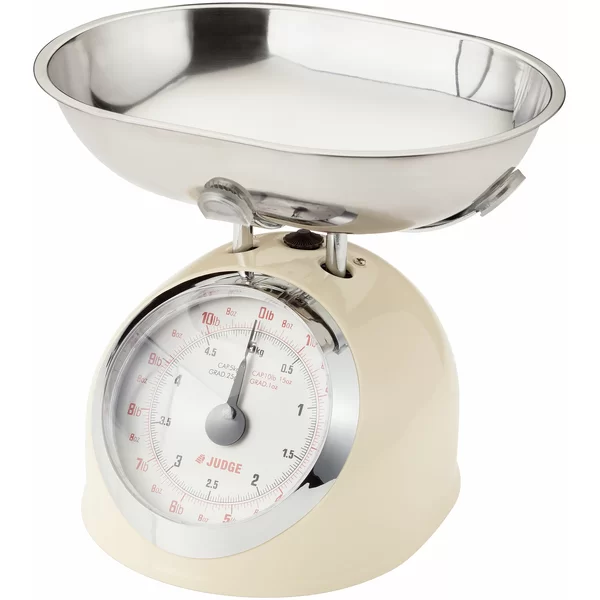A Step-by-Step Guide to Shipping Goods from Brazil to Kenya
A Step-by-Step Guide to Shipping Goods from Brazil to Kenya
Shipping goods from one country to another is a complicated process that requires careful planning. The process is even more complicated when the two countries are separated by thousands of miles, as is the case when shipping goods from Brazil to Kenya. This guide provides a step-by-step overview of the process, from choosing a carrier to filing paperwork to ensuring safe and timely delivery of goods. With this guide, you will be able to navigate the complexities of international shipping while avoiding costly delays and mistakes. Whether you’re a business shipping goods from Brazil to Kenya or an individual looking to send a package, this guide will provide you with the information and resources you need to make the process as smooth and efficient as possible.
Choosing a carrier
Carrier – An organization that transports goods between two locations. In the world of shipping, there are many different types of carriers, including freight forwarders, customs brokers, shipping lines, air couriers, and more. The best carrier for you will depend on your specific needs. For example, if you are shipping valuable items, you may want to use a premium, insured carrier that specializes in high-value shipments. However, if you are shipping something lightweight and inexpensive, you may be able to find a low-cost carrier that specializes in less valuable shipments. It is important to compare carriers and find one that matches your specific needs and budget. Weight and volume – The weight and volume of the goods you are shipping are two important factors that will affect your shipping costs. Heavier items can cost significantly more to ship than lighter ones, so you may want to consider breaking larger items into smaller parts or using a heavier-duty shipping container. The volume of your shipment is also important because larger items take up more space in the shipping container, increasing the shipping cost.
Preparing the package for shipment
Packing – The process of preparing your shipment for shipping begins with packing. You may prefer to have your carrier pack the goods for you, or you can choose to do it yourself. If you decide to pack the goods yourself, it is important to use proper packing methods to ensure safe and damage-free delivery. You should also be aware of any special packing requirements to ensure your shipment complies with international shipping requirements. Labelling – Another important aspect of preparing your shipment for shipping is labelling. Labels are used to identify your package and provide important information about the contents and destination of your shipment. You should label your shipment with the following information: – Country of Origin – Shipper’s name – Shipper’s address – Consignee’s name – Consignee’s address – Description of goods – Weight of goods – Volume of goods – Details about special handling requirements – Other required information, such as routing information, dangerous goods indicators, and more
Estimating shipping costs
Estimating shipping costs is an important part of preparing to ship your goods. You can get a general idea of what your shipping costs will be by looking at the various shipping rates offered by your chosen carrier. However, it is important to remember that these are only estimates, and they may change once you enter the specifics of your shipment into the carrier’s online rate calculator. Calculating shipping costs – There are a few different methods you can use to calculate shipping costs. You can either use a shipping rate calculator, manually calculate the cost of your shipment, or employ a combination of both methods. Shipping rate calculators are easy to use and can give you a general idea of how much your shipment will cost, but they do not take all of the factors that affect shipping costs into account. Manually calculating shipping costs allows you to take all of these factors into account, but it can be a time-consuming process. A combination of the two methods is often a good strategy.
Understanding international shipping requirements
Document requirements – Before a carrier will accept your shipment, you must provide proof that your goods comply with international shipping requirements. You should consult with your chosen carrier about specific documentation requirements, but there are three general categories of documentation that are common in international shipping: – Carrier’s Conditions of Carriage – Commercial invoice – Commercial certificate Carrier’s Conditions of Carriage – Carrier’s Conditions of Carriage (CCOC) are a set of regulations that apply to shipments that are handled by that specific carrier. These documents outline the responsibilities and obligations of both the shipper and the carrier. They also include information about the shipping service, any applicable charges and surcharges, special handling requirements, and more. Cargo documentation – Cargo documentation refers to the documents that show that your shipment complies with international shipping requirements. The most common of these documents is the commercial invoice. Commercial invoice – The commercial invoice is a document that includes the details of your shipment, such as the shipper’s and consignee’s names, the shipper’s and consignee’s addresses, and a description of the goods being shipped. The commercial invoice also includes information about the terms of the sale, such as the purchase price, the sales tax (if applicable), payment terms, and more.
Cargo documentation
Routing – The routing of your shipment tells the carrier the specific path you want your shipment to take. The routing information is often listed on the commercial invoice, but you may also be able to enter it directly into your carrier’s online shipping system. Packing list – The packing list is a document that describes the condition of your shipment’s packaging. It also includes a detailed list of the items that are included in your shipment. The packing list is often required when shipping bulky items or items that require special handling. Bill of lading – A bill of lading is a document that confirms that the carrier has received the shipment and promises to transport it to the destination indicated on the document. The bill of lading also states the amount that the consignee must pay to receive the shipment.
Filing paperwork
Paperwork – It is important to file all necessary paperwork with the appropriate government agencies before you send your shipment. This includes all required customs forms and documents, as well as any health and safety permits you may need. Customs forms – The first step to filing paperwork for an international shipment is to fill out the correct customs form. Customs forms vary by country and are usually quite specific, so it is important to fill them out correctly or risk facing penalties or delays. Customs declarations – The customs declaration is the customs form you fill out to inform customs officials of your shipment. You will likely be required to submit the customs declaration online or via an app. It is important to note that customs declarations vary by country and you should check the appropriate form before filling it out.
Tracking the package
Tracking – Once your shipment has been delivered, you can monitor its progress using the shipping carrier’s tracking service. Tracking allows you to see the location of your shipment and get real-time updates about its progress. It is important to note that tracking only tells you about the shipment’s progress and does not provide information about the condition of your shipment. For example, you will be able to see that your shipment arrived at the port, but you will not be able to see whether it was handled properly or if there were any issues along the way. Your best option to ensure safe and timely delivery is to use a carrier that offers guaranteed shipping.
Clearing customs
Clearing customs – Once your shipment arrives at the destination country, you will need to clear customs before you can pick it up. The first step in clearing customs is to locate the nearby customs office. You can find this information by using the customs office locator or by contacting the customs authority. Once you have located the customs office, you will need to fill out the customs form, pay any applicable tariffs (duties), and show proof of ownership of the goods (such as the bill of lading). Be sure to complete these steps before the deadline or risk facing penalties or fines. If you are shipping from Brazil, you can use Import Genius to get a leg up on the red tape. From getting competitive rates to filing paperwork, Import Genius helps you navigate the complexities of international shipping.
Ensuring safe and timely delivery
Insurance – One way to protect yourself against potential shipping complications is by purchasing insurance for your shipment. Insurance is a contract that provides coverage for financial losses caused by certain risks, such as damage or loss of goods during shipping. There are two types of insurance that you can purchase for your shipment: – Cargo insurance – This type of insurance protects you against financial losses related to damage or loss of goods during shipping. – Shipping insurance – This type of insurance covers financial losses related to shipping delays, such as when inclement weather causes travel delays. It is important to note that not








LEAVE A COMMENT
You must be logged in to post a comment.